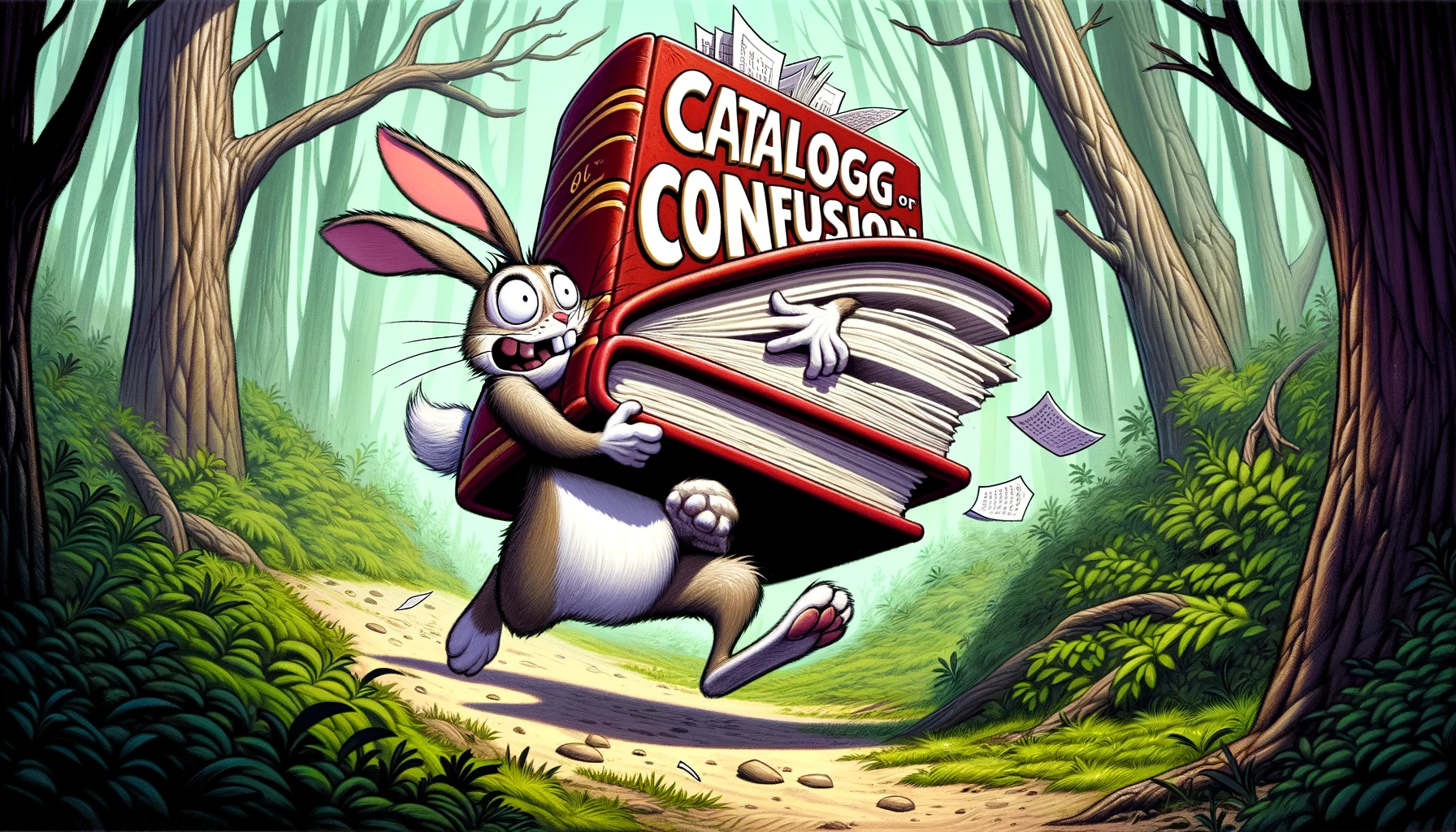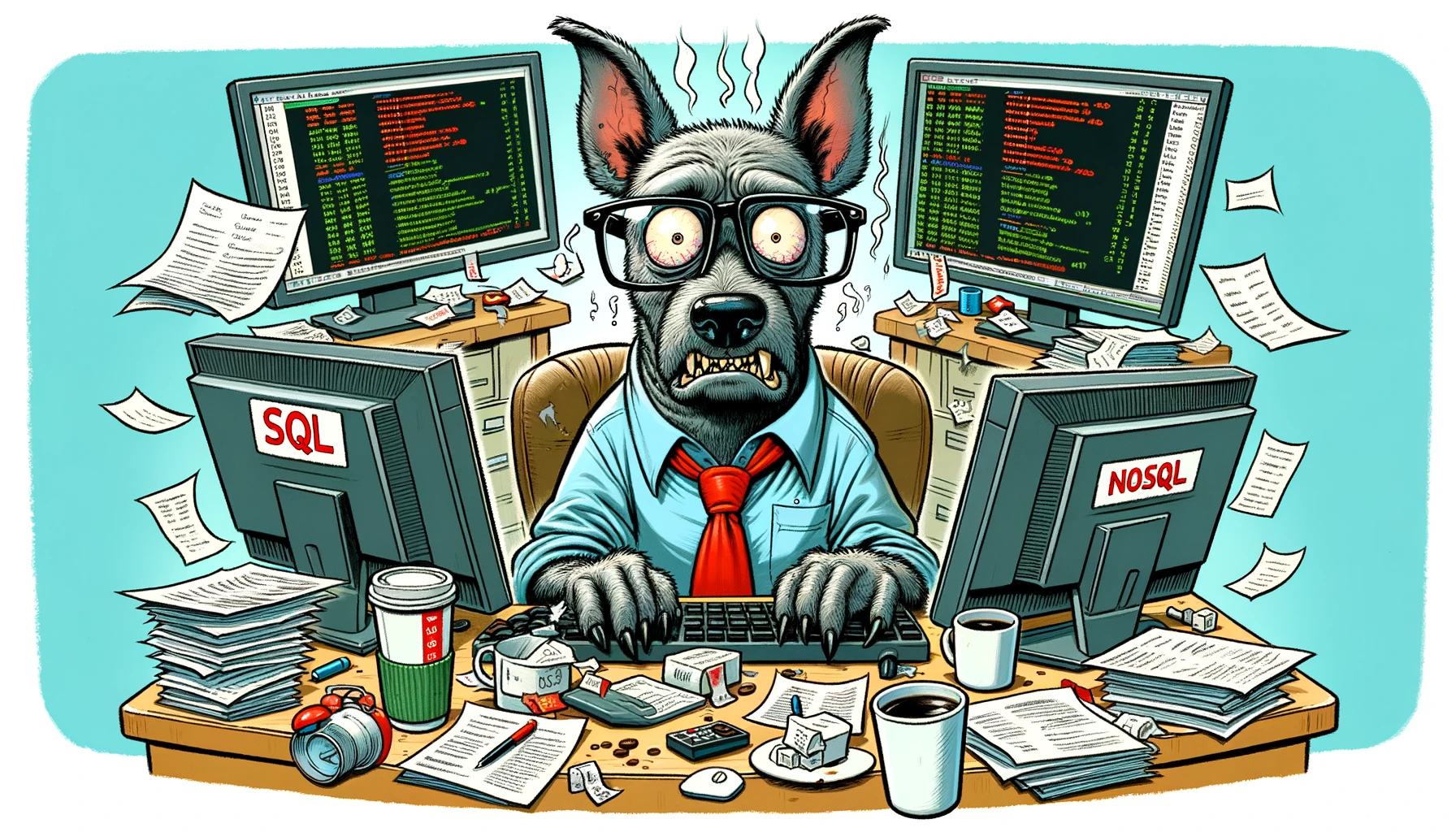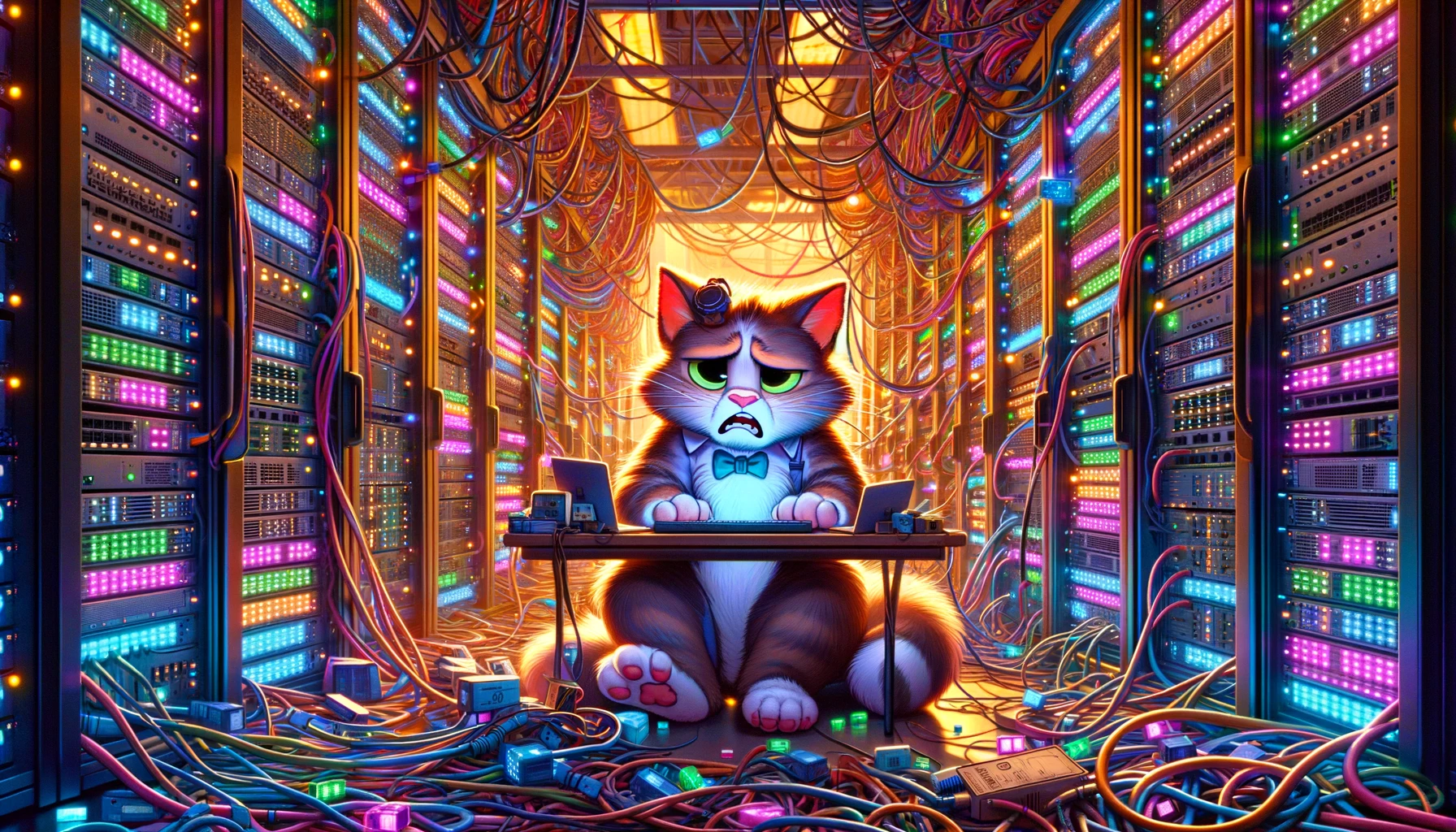Beginner's Blueprint: Navigating the World of Programming Languages in 2024

Choosing the Right Programming Language: A Beginner’s Guide
Embarking on the journey into software development is an exhilarating adventure filled with endless possibilities and the promise of creating impactful solutions. However, one of the first hurdles many aspiring developers face is choosing the right programming language to start with. The abundance of languages, each boasting its own set of advantages and applications, can make this choice seem daunting. It’s natural to compare and deliberate, much like we do when purchasing a smartphone, given the financial and time investment involved. Yet, when it comes to learning to code, the dynamics are quite different, and understanding this can significantly alter one’s approach to picking up a new programming language.
The One-Way vs. Two-Way Door Framework
A concept I wish I had grasped earlier in my journey is the one-way and two-way door decision-making framework, popularized by Amazon. This framework categorizes decisions into two types: one-way doors, which are significant and often irreversible, and two-way doors, which are less consequential and easily reversible. Learning a new programming language is a quintessential example of a two-way door decision. You can always backtrack, switch languages, or learn multiple languages over time. The time spent learning is never wasted; it’s an investment in understanding programming concepts that often transcend the boundaries of any single language. Many patterns and problem-solving skills are transferable across languages, especially at the beginner level.
Reflecting on my time at Amazon, where this framework was part of our training, I realize the importance of embracing the freedom to explore and experiment without the fear of making a permanent mistake. Had I adopted this mindset earlier, I could have avoided various pitfalls, such as over-deliberating on the “perfect” language to start with, instead of diving into coding and learning through experience.
Why Python Is a Great Starting Point
With the vast array of programming languages available, I often recommend Python to beginners, including those interested in web development. This recommendation might seem counterintuitive at first, given that web development traditionally revolves around HTML, CSS, and JavaScript. However, the rationale behind this advice is multifold:
-
Simplicity and Clarity: Python’s syntax is clear and readable, making it an excellent language for beginners to grasp fundamental programming concepts without getting bogged down by complex syntax or the intricacies of memory management.
-
Strong Typing: Unlike JavaScript, Python is strongly typed. This means that mixing data types without explicit conversion (e.g., comparing a number stored as a string with an integer) will not work as it might in JavaScript. This behavior encourages beginners to pay attention to data types from the outset, fostering good programming habits.
-
Object-Oriented Programming (OOP): Python implements OOP more coherently than JavaScript. For beginners, learning OOP principles in Python can provide a solid foundation in understanding how to structure code in a scalable and reusable manner.
-
Backend Development: For those aspiring to be web developers, Python offers robust frameworks like Django and Flask for backend development. Learning Python doesn’t limit one to backend roles; it equips learners with a versatile skill set that is valuable in various domains.
The Role of AI Copilots in Learning
The advent of AI Copilots and AI-driven tools has revolutionized the learning curve for web development. Tools like builder.io and v0.dev can automate significant portions of HTML/CSS and even some JavaScript coding. This automation allows learners to focus more on understanding the underlying principles and logic rather than getting stuck on repetitive coding tasks.
Emphasizing Problem-Solving Skills
Above all, developing problem-solving skills is paramount. More than any specific language, the ability to think logically and solve problems is what makes a great developer. One engaging way to hone these skills is through game development. Games are interactive, require thoughtful design, and often involve complex logic and resource management to maintain a stable performance. They present a fun and challenging way to learn programming while building a strong foundation in problem-solving.
Haven’t you started yet?
For beginners venturing into software development, the choice of a first programming language is less about making a perfect decision and more about starting the journey. Python stands out as a strong candidate for its simplicity, clarity, and the solid foundation it provides in both programming fundamentals and problem-solving skills. Remember, the key is to start coding, experiment, and learn from the process. The skills you acquire along the way are your true asset in the ever-evolving landscape of technology.
Go to python.org and start coding now!


